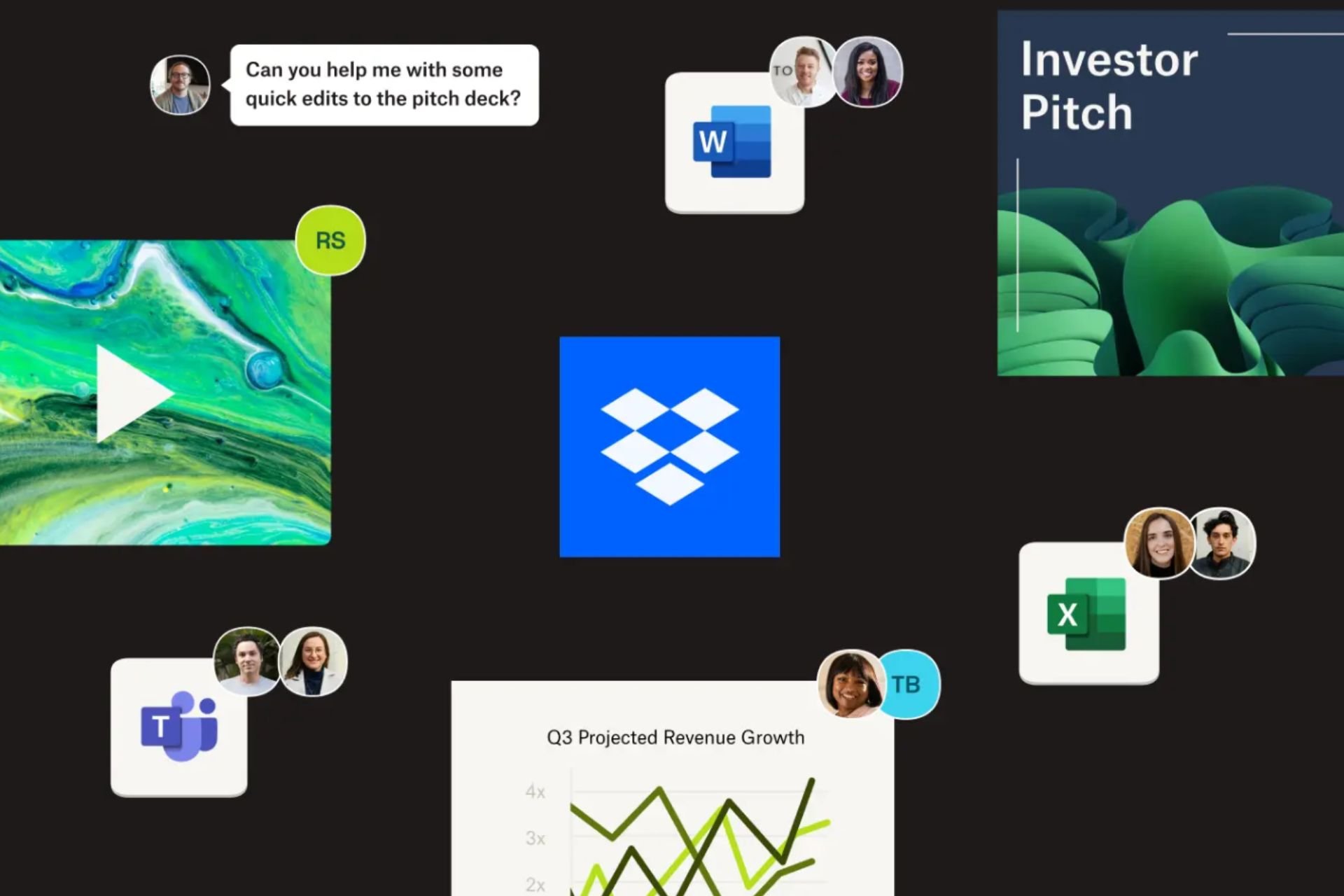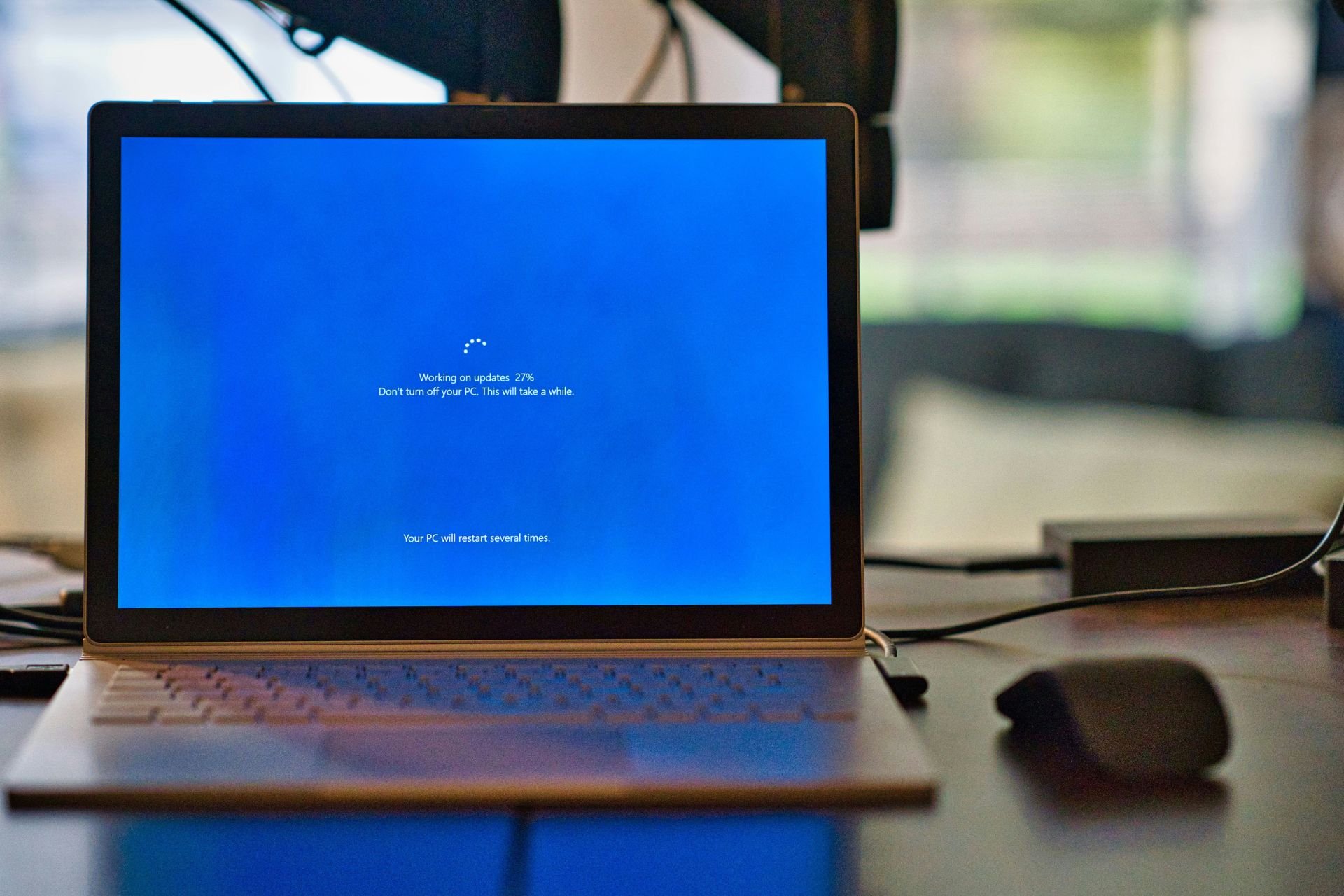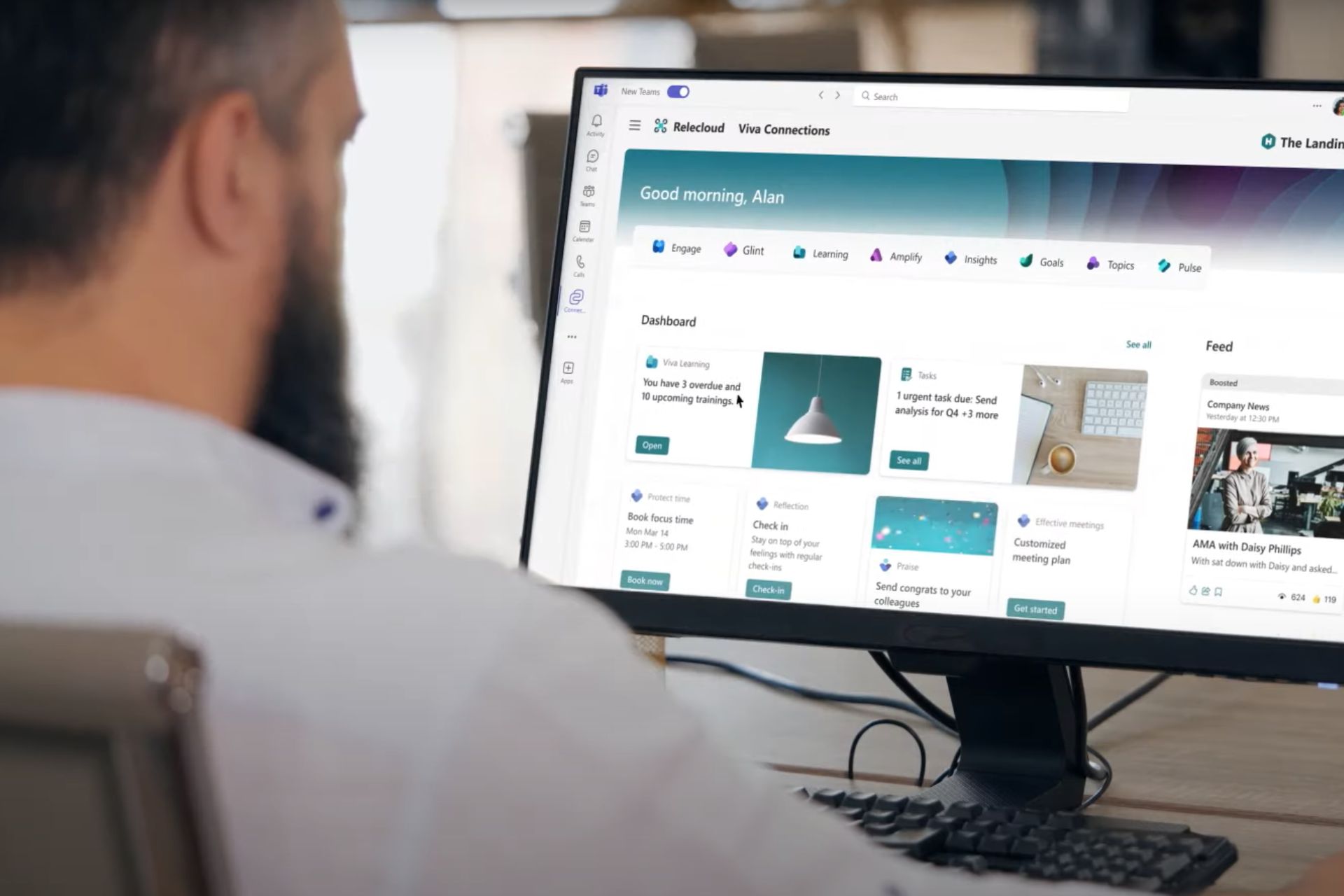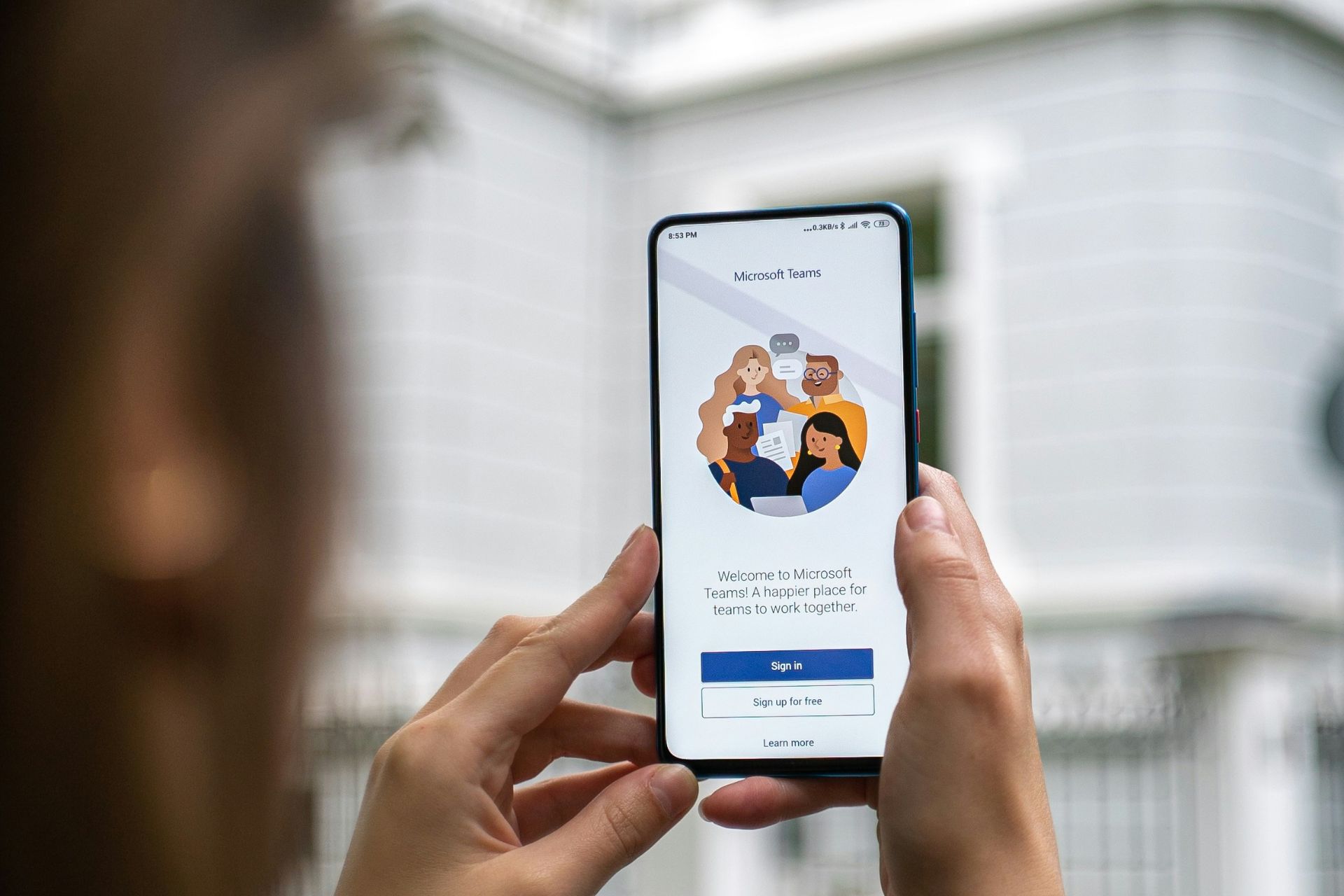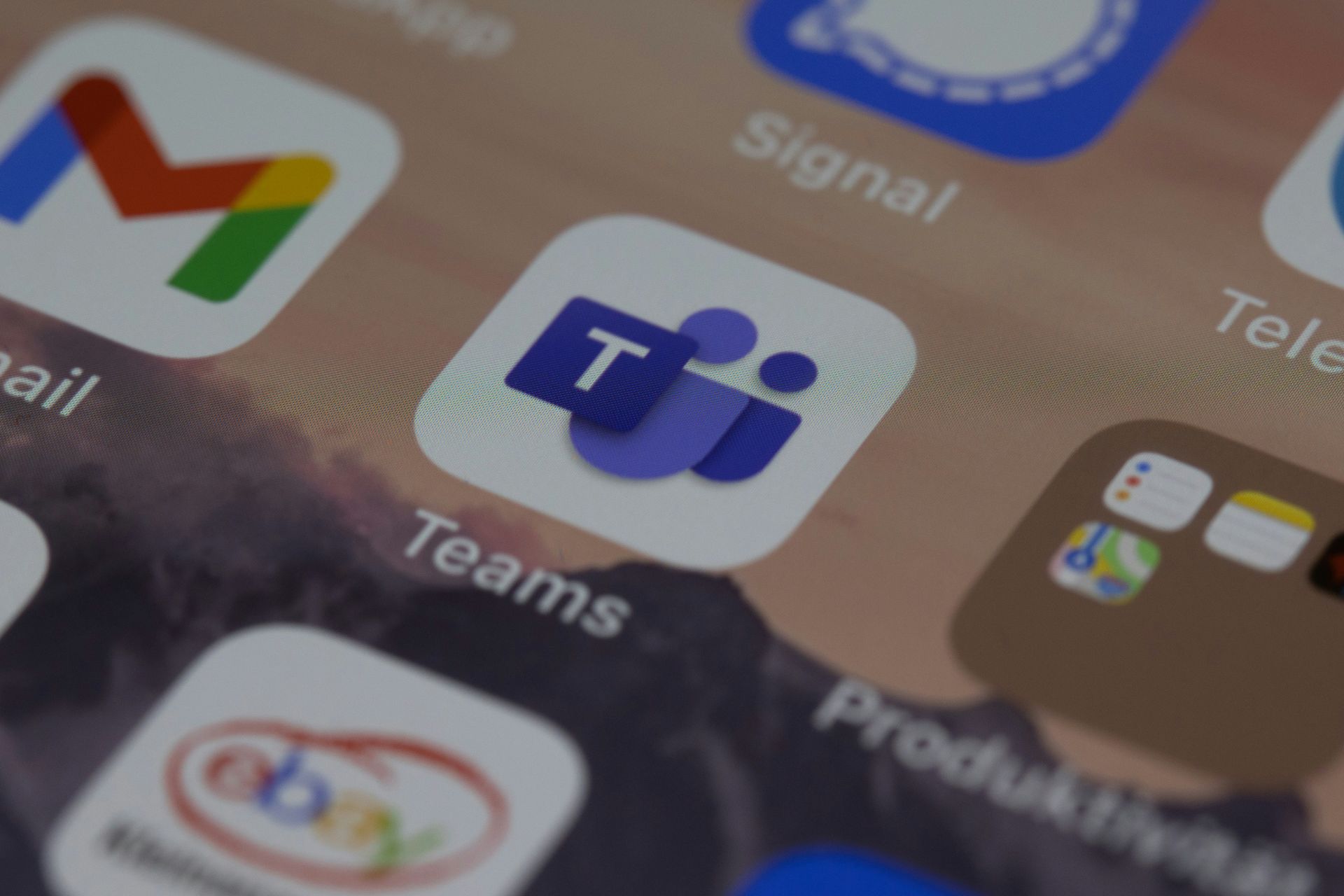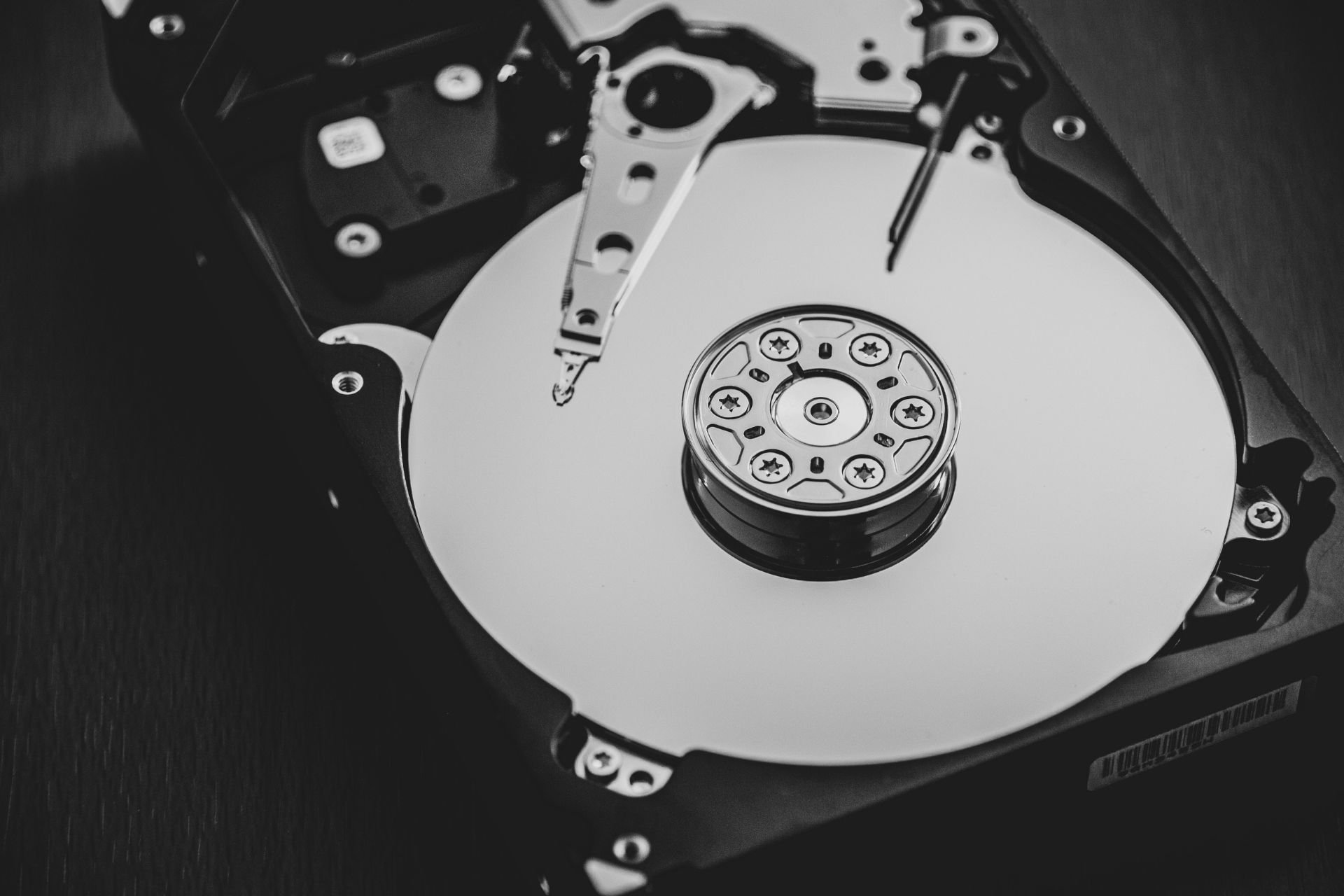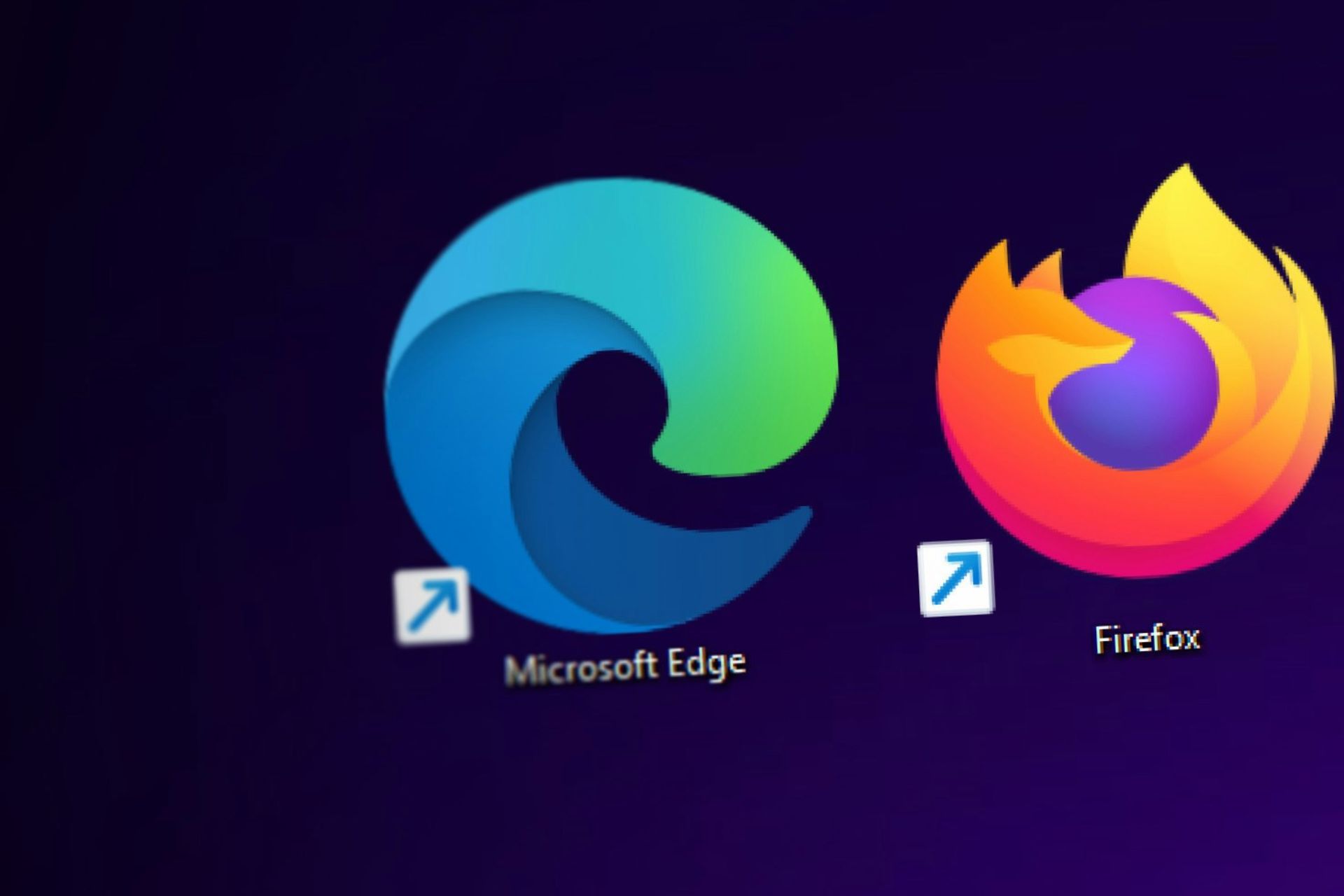Bill Gates: AI "setting the stage for a massive technology boom"
3 min. read
Published on
Read our disclosure page to find out how can you help Windows Report sustain the editorial team Read more

Former CEO of Microsoft Bill Gates has made some eye-opening predictions concerning the future of AI in his annual blog post over at GatesNotes for 2023.
Specifically, Gates’ letter outlines what he sees as a new era of innovation, one that will be driven by artificial intelligence to tackle the worlds’ biggest problems. Case in point: the first-ever AI Grand Challenge. This initiative from the Bill & Melinda Gates Foundation seeks to equip LMICs (Low and Middle Income Countries) with “equitable access to AI tools and approaches…to ensure that this potentially transformative technology improves the lives and conditions of the most vulnerable communities around the world.”
Gates also outlined what he called “a small sample of some of the most ambitious questions currently being explored.” Among them:
- Can AI combat antibiotic resistance? “Nana Kofi Quakyi from the Aurum Institute in Ghana is working on an AI-powered tool that helps health workers prescribe antibiotics without contributing to AMR. The tool will comb through all the available information—including local clinical guidelines and health surveillance data about which pathogens are currently at risk of developing resistance in the area—and make suggestions for the best drug, dosage, and duration.”
- Can AI bring personalized tutors to every student? “For example, a team in Nairobi is working on Somanasi, an AI-based tutor that aligns with the curriculum in Kenya. The name means “learn together” in Swahili, and the tutor has been designed with the cultural context in mind so it feels familiar to the students who use it.”
- Can AI help people assess their risk for HIV? “A new South African chatbot aims to make HIV risk assessment a lot easier. It acts like an unbiased and nonjudgmental counselor who can provide around-the-clock advice…this innovative approach may help more women understand their own risk and take action to protect themselves.”
- Could AI make medical information easier to access for every health worker? “Maryam Mustafa’s team is working on a voice-enabled mobile app that would make it a lot easier for maternal health workers in Pakistan to create medical records. It asks a series of prompts about a patient and uses the responses to fill out a standard medical record. Arming health workers with more data will hopefully improve the country’s pregnancy outcomes, which are among the worst in the world.”
“Much of their work is in the earliest stages of development—there’s a good chance we won’t see any of them used widely in 2024 or even 2025. Some might not even pan out at all. The work that will be done over the next year is setting the stage for a massive technology boom later this decade.”
Gates says “there is a logical road ahead for projects like these,” and expresses optimism that “We can learn a lot from global health about how to make AI more equitable.”

